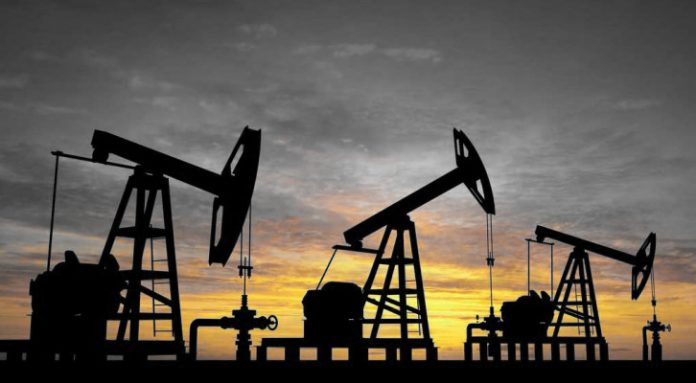Oil prices boosted gains to their highest level since 2018 following the cancellation of OPEC+ talks, raising expectations that supply will tighten even more as global fuel demand recovers from the COVID-19 slump.
Brent crude rose 18 cents, or 0.2 percent, to $77.34 as of 0542 GMT, after rising 1.3 percent on Monday. An earlier session top of $77.61 was the highest since October 29, 2018.
West Texas Intermediate (WTI) crude futures were at $76.57/barrel, up $1.41, or 1.9%, from Friday’s close. Monday, which was a holiday to celebrate the United States’ Independence Day, went without action.
It reached $76.77 a barrel earlier on Tuesday and failed to reach its peak of $76.90 in October 2018.
Ministers and allies of the Organization of the Petroleum Exporting Countries (OPEC) canceled oil production talks and set no new session date, after clashing with the United Arab Emirates last week over extending the proposed eight-month supply limits.
While some OPEC+ sources said that there will be no increase in oil production in August, others said they believe there will be a new meeting and an increase in August in the coming days.
Global crude oil prices hit their highest level since 2018 after OPEC+ left the talks.
There are views that there will be no extra production from OPEC+ from next month and that the recovery in fuel demand will cause more market congestion and rally.
The market seems to believe in the OPEC+ framework and believes there will be some sort of deal to keep the system going until August.
Iraqi Oil Minister Ihsan Abdul Jabbar said on Monday his country is committed to the current agreement with OPEC and its allies and does not want oil prices to rise above current levels to ensure stability.
Investors are not willing to go either way because of the uncertainty regarding the actions of OPEC+ members.
Producers intend to gradually loosen production restrictions. However, plans on Friday to increase production by around 2 million barrels per day (bpd) from August to December 2021 and to extend a series of gradual production changes agreements through to the end of 2022 were thwarted. These discussions are likely to be difficult and lengthy.
Asian crude buyers are interested in Saudi Arabian official selling prices (OSP) to assess the market direction following the unexpected cancellation of the OPEC+ meeting.

